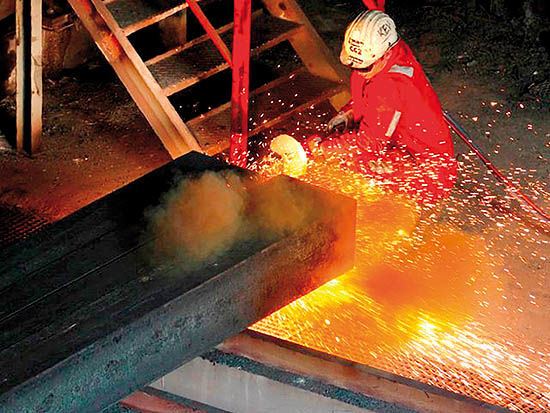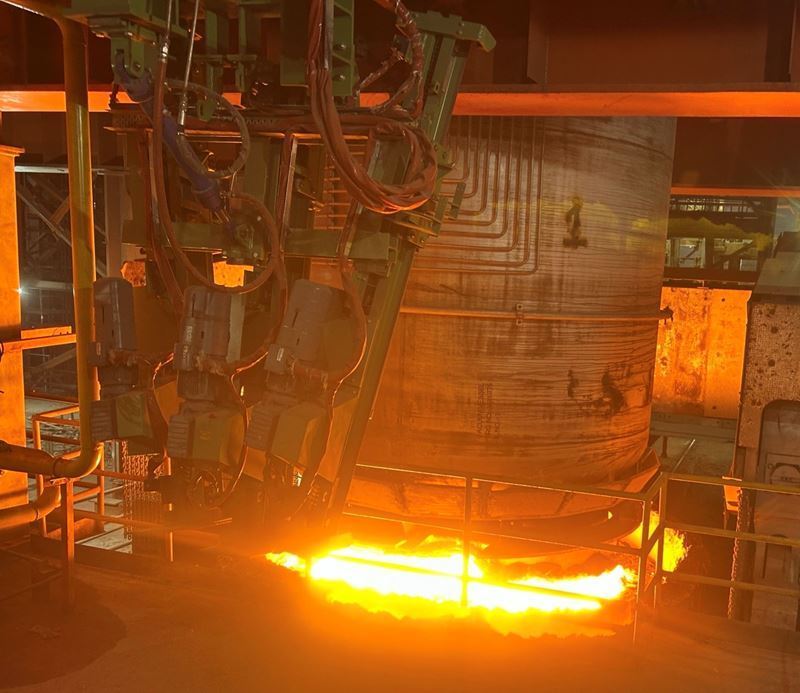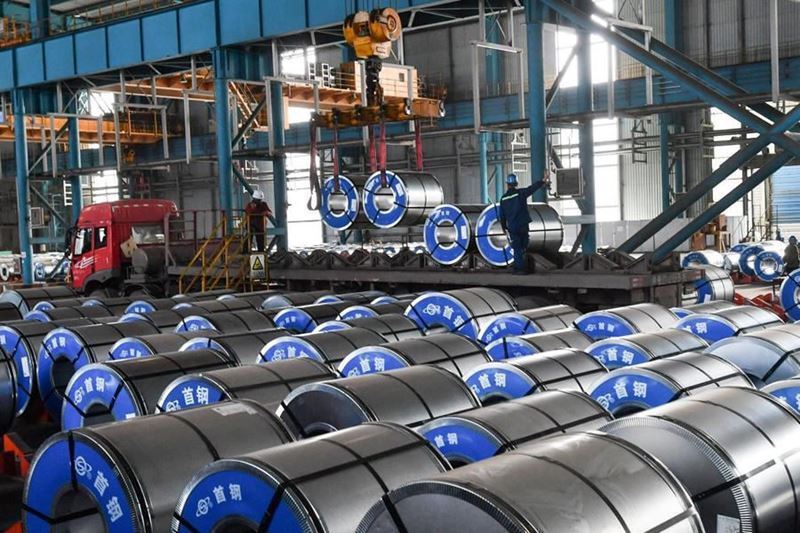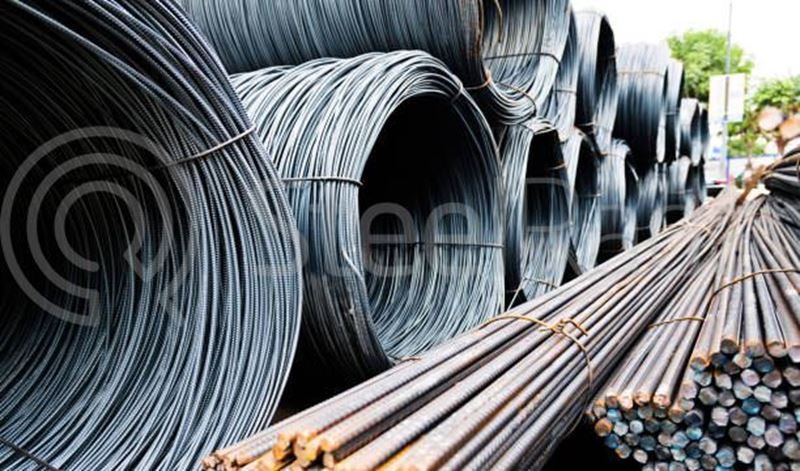In a bid to combat the persistent challenge of illegal steel trade from neighboring Iran and Afghanistan, Pakistan's interim government has taken decisive steps to secure its borders and protect the domestic steel industry.
The Pakistan Steel Association, recognizing the detrimental impact of organized illegal steel trade, has actively advocated for a comprehensive solution. The association proposed that the government restrict steel imports to maritime routes exclusively, effectively closing off land routes used for illicit activities. This move aims to stem the flow of substandard steel and address the financial evasion issues that have plagued the industry.
While the steel sector in Pakistan has long faced neglect and challenges, it remains a vital contributor to the nation's treasury and a significant job provider. The industry, centered in Kuwait City, Balochistan, has been particularly vulnerable to smuggling activities despite regulatory efforts. Authorities have set regulations in place to curb illegal steel trade in the region, but the market still grapples with an influx of Iranian steel products.
Recent weeks have seen a reduction in the volume of smuggling, signaling a positive development. However, concerns linger over the potential resurgence of smuggling operations, especially from key cities like Panjgur and Gwadar. Authorities remain vigilant, emphasizing the need for sustained efforts to enforce anti-smuggling regulations and protect the interests of the domestic steel industry.
The steel sector's pivotal role in Pakistan's economy underscores the importance of safeguarding it against the threats posed by illegal steel trade. The government's proactive measures, supported by industry stakeholders, aim to create a more secure and robust environment for steel production, ensuring sustained growth and economic stability in the region.









Comments
No comment yet.